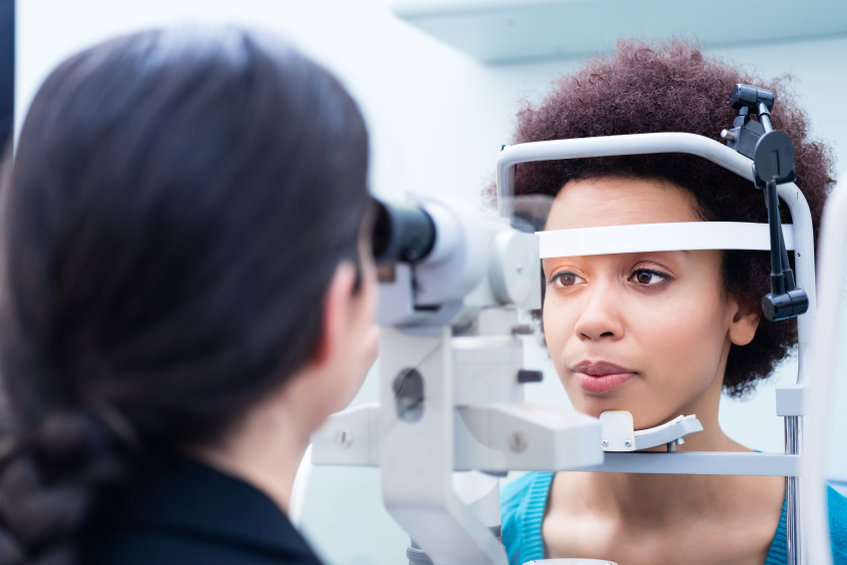National Vision Month is a great time to promote the importance of regular eye exams and vision screenings! Did you know that many eye conditions go unnoticed until people have lost a significant amount of vision? That’s why it’s so important to get your eyes checked regularly.
As we age, our risk for developing vision problems increases. That’s why it’s so important to get regular eye exams and vision screenings. Many eye conditions, such as glaucoma and macular degeneration, might have no symptoms in the early stages. This means that by the time symptoms do appear, significant damage may have already been done to your eyesight. Regular exams and screenings can help catch these problems early, before they cause irreversible damage.
There are a few different types of eye exams and vision screenings that you may need as you age. A comprehensive eye exam will assess your overall eye health and check for common conditions like cataracts, glaucoma, and macular degeneration.
Tips for protecting your eyesight:
- Get regular eye exams and vision screenings. Many eye conditions, such as glaucoma and macular degeneration, have no symptoms in the early stages. This means that by the time symptoms do appear, significant damage may have already been done to your eyesight. Regular exams and screenings can help catch these problems early, before they cause irreversible damage.
- Wear sunglasses or contact lenses with UV protection. Exposure to ultraviolet (UV) light can damage your eyes and lead to conditions like cataracts and macular degeneration. Wearing sunglasses or contact lenses with UV protection can help reduce your risk for these conditions.
- Quit smoking. Smoking is a leading cause of preventable blindness. It increases your risk for conditions like cataracts, glaucoma, and macular degeneration. If you smoke, quitting is the best thing you can do for your eyesight.
- Eat a healthy diet. Eating a diet rich in fruits and vegetables has been linked with better vision health. Foods like carrots, spinach, and blueberries are especially good for your eyes.
- Exercise regularly. Exercise helps improve blood flow to the eyes and reduces inflammation. This can help protect against conditions like diabetic retinopathy and glaucoma.
- Take breaks when using digital devices. If you spend a lot of time staring at screens, your eyes can become strained and tired. To reduce eye fatigue, take a break every 20 minutes or so to look at something else for 20 seconds.
- Keep your eyes clean. Washing your hands regularly and avoiding touching your eyes can help prevent the spread of bacteria and viruses that can lead to infection.
Taking these steps can help protect your eyesight as you age. Remember, many eye conditions have no symptoms in the early stages. This means that by the time symptoms do appear, damage may have already been done. So don’t wait until it’s too late.

